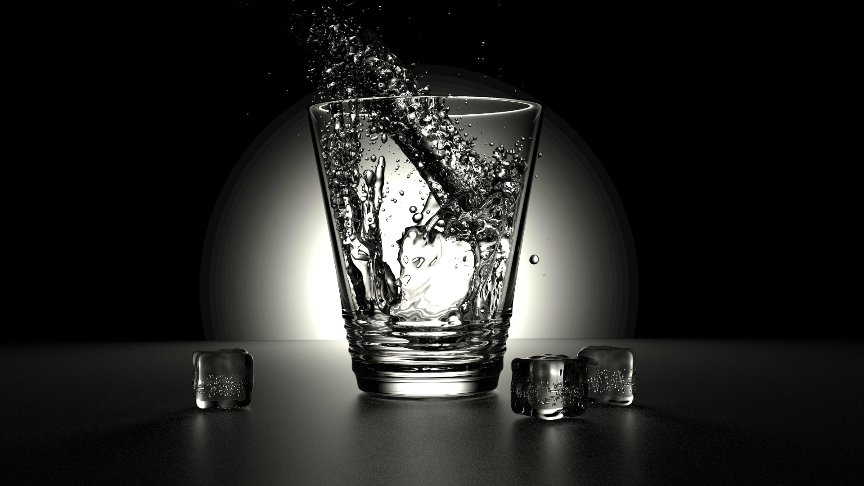
Since Britain, France, Spain, and Italy have been experiencing record-breaking temperatures, heat waves have been making headlines.
Heat is one of the worst effects of climate change. Along with harming human bodies, it also degrades infrastructure, ecosystems, and landscapes.
People with high blood pressure, asthma, or multiple sclerosis are the most vulnerable to heat.
The average human body works on keeping its temperature at 37C, accordingly, when it's hot, we perspire more and blood vessels start to dilate close to the skin, allowing the body to cool down.
Lower blood pressure results from more blood vessels opening, making the heart work harder to pump blood throughout the body.
Swollen feet and an itchy heat rash may be caused by heat irritation.
Heat exhaustion is frequently not severe, however, if you can't cool down within 30 minutes, it could progress to heat stroke.
The UK government agency Health and Safety Executive (HSE) lists heat exhaustion main symptoms:
- a headache
- dizziness and confusion
- loss of appetite and feeling sick
- excessive sweating and pale, clammy skin
- cramps in the arms, legs and stomach
- fast breathing or pulse
- a high temperature of 38 degrees Celsius or above
- being very thirsty
The HSE advises that if you observe someone from heat exhaustion, you should:
- Place them somewhere cool.
- Have them lie down while you lift their feet just a bit.
- Encourage them to drink water frequently. Rehydration or sports drinks are acceptable.
- Spray or sponge them with cool water to cool their skin, then fan them. Cold packs around the neck or armpits are often helpful.
- Dial 999 or 112 if they do not improve after 30 minutes, which could indicate a medical emergency.
Click here to find tips to avoid heat-related illnesses


